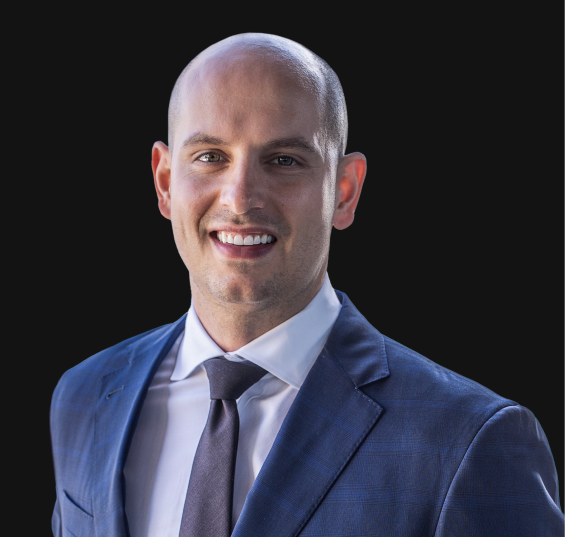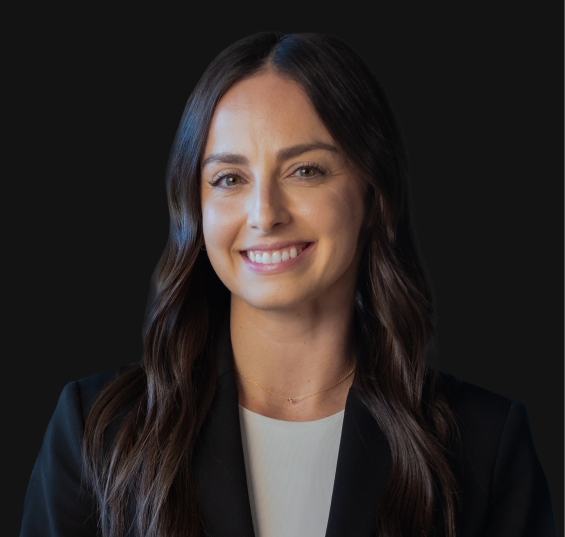There is no doubt that personal finance can be a complicated topic. Between all the different financial instruments and the almost 7,000 pages of the U.S. tax code, (1) it’s incredibly easy to get overwhelmed. Luckily, there are two financial lessons that I think are the most critical to reach your financial goals. With just these two pieces of financial advice, you are going to be in a much better position than the majority of Americans to make the most of your hard-earned money.
Engage in a Financial Team
If you have ever tried to cut your own hair, you definitely know the value of reaching out to a professional barber or hairstylist. Not only do they have extensive training and experience, they also have a better viewpoint and can see your head from every angle.
Looking after your finances by yourself is the same. As a dedicated professional in your field, you don’t have time to learn the ins and outs of investment strategies and tax planning. Having an experienced financial team consisting of a CPA, wealth manager, and attorney that you can trust and lean on is vital to achieving your financial goals. Outsourcing your tax strategies, investment management, and estate planning allows you a better perspective on your finances and frees your time to focus on the things that are important to you.
Stay the Course
We all think the grass is greener on the other side. Maybe not all the time, but you must admit you’ve felt that envious feeling before. When it comes to your financial plan, it’s exactly what it sounds like—your plan. Not your neighbor’s, not your uncle’s, but your plan, and it should be uniquely tailored to your goals. If you have a cookie-cutter plan that says “insert name here,” it’s time for a change. An excellent financial advisor builds a plan based on your life and your ambitions. JGP Wealth Management will keep you on track to your destination.
But if fear and greed crop up in the meantime, your advisor and your plan should keep you on target. There will always be a shiny new tech stock or an undervalued energy stock, but should you be jumping on the bandwagon? Is it right for you? That’s the big question. If early retirement is your goal, should you be tinkering with your asset allocation at age 55 and buying stocks not appropriate for your portfolio? Probably not.
Greed and fear are two sides of the same coin. Greed makes you jump into the market, and fear makes you sit out of the market. There’s a compromise somewhere in the middle, and your financial advisor should know the psychology of investing and be able to get you out of trouble when you are in over your head, or gently nudge you when fear takes over. Professional money management based on science, history, and numbers prevent you from floating away into the abyss of greed or fear
How We Can Help
Having experienced professionals you can trust are looking out for your best interest is a crucial component of both financial lessons. At JGP Wealth Management, we are dedicated to helping you reach your financial goals and increase your confidence in your financial future. If you have any questions, reach out to me at 503-446-6450, email [email protected], or schedule an introductory phone call online.
____________
(1) https://irisreading.com/how-long-would-it-take-to-read-the-entire-u-s-tax-code/





